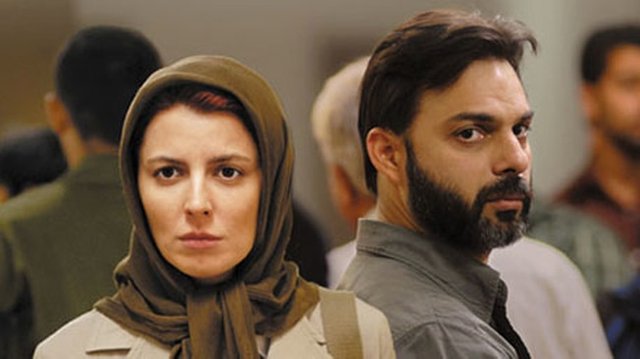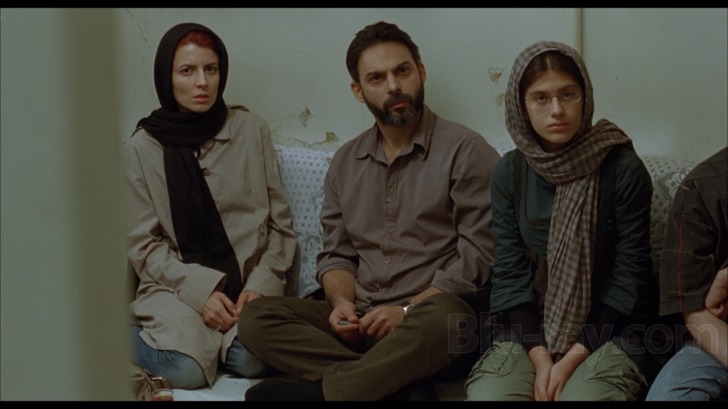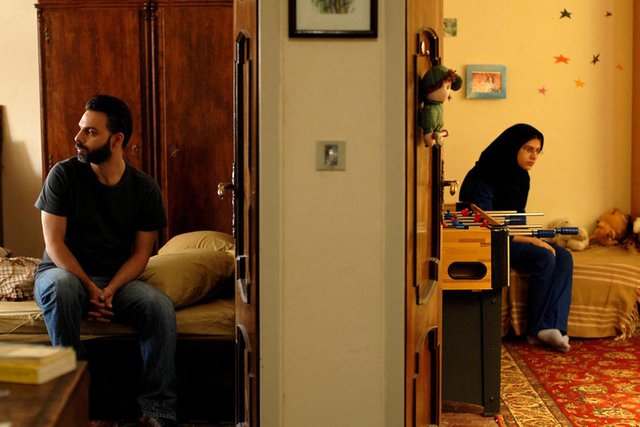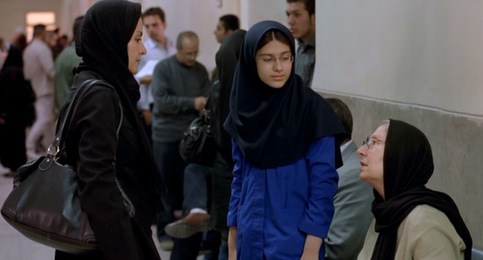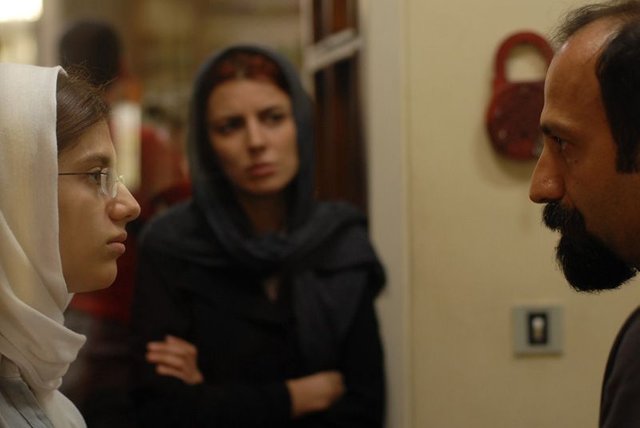A Separation - Movie Review
Every year, I make an effort to see as many of the Foreign Language Film Oscar nominations as possible. I like to see them before the Oscars. For 2011, none of the selections were available prior to the Oscars, which was disappointing. Further disappointing was the fact that Almodovar’s The Skin I Live In did not get a nomination that year. I am not sure if that was a technical consideration, but is surely would have beaten A Separation in a head-to-head competition for Best Foreign Language Film. As it stands, A Separation won in what appears to be broad consensus.
I guess I stand alone in my opinion that A Separation was not the best Foreign Language Film from the 2012 Oscars. I enjoyed this film, but would have given a slight the edge to Bullhead. The other nominees that year were (in no particular order) In Darkness, Monsieur Lazhar, and Footnote. All of those nominated films are worth watching, but 2012 not necessarily the best year for Oscar-nominated foreign films.
Knowing that A Separation won the Oscar before attending the film may have heightened my expectations. While I enjoyed the incredible acting, I was disappointed at the sluggish pacing and the tedium of some of the plot devices. Certainly the film intended to create stress through a chain of events that felt preventable from an audience perspective. But it was done in such a way that I felt disconnected from the action.
Writer/Director Asghar Farhadi did an excellent job of fashioning characters that I could embrace. He introduces us immediately to Nader (Peyman Moadi) and his wife Simin (Leila Hatami) who are in the midst of a court proceeding. We watch the action from the perspective of the magistrate hearing Simin’s complaint. Simin has obtained passports and wants her husband and daughter to join her in relocating to an undisclosed country. We are immediately drawn into the dialogue through a rapid-fire, emotional debate over their relationship and whether their eleven-year-old daughter must remain in Iran. The heated exchange has a mild power, with an edginess that borders on chaos. The tense exchange is followed by a scene that introduces us to the complexities of their situation.
Nader has to balance his responsibilities to his father (Ali-Asghar Shahbazi), who is failing from Alzheimer’s Disease. He also has an incredibly intelligent eleven-year-old daughter, Termeh (Sarina Farhadi), who is wise beyond her years. Simir moves out, leaving Nader to find someone to care for his father while he works. He hires Razieh (Sareh Bayat) on the recommendation of her husband’s sister. However, her husband has no idea that she is working. In this culture, it is unacceptable for her to be alone with a man who is not her husband. Razieh is also five-months pregnant, which further complicates matters as the situation turns into another set of legal proceedings. Nader finds himself charged with murder and files countersuits. The situation devolves as everyone involved makes poor decisions and demonstrate the frailty of the human condition. The characters have flaws, disappoint each other and ultimate reap what they sow.
I like films that have flawed characters that remind me of my own short-comings. It makes them tangible. We often find films depicting altruistic characters with no negative traits. These films mock our own condition, setting an unrealistic standard for existence. While we should strive to be better, there is a certain sense of security in watching flawed characters make poor choices. It is human. It brings a level of credibility to the characters that one could never assign to a flawless personality. I felt like Nader and Simin could be my neighbors, or co-workers. While culturally, this film depicts scenarios foreign to me, the characters themselves were not. They were scarred human beings trying to make the best of an increasingly bad situation. The plot is complex, interesting and unique due to the cultural aspects of the story.
I am not familiar with the actors in A Separation, but was significantly impressed by the performances. This is Bavat’s first film, but Hatami has a lengthy list of films in which she has starred. I enjoyed her enough that I have already added one of her early films, Leila, to my streaming queue. Moadi was smooth as the even-tempered Nader, creating an interesting juxtaposition for Hodjat (Shahab Hosseini) who takes the role as Razieh’s angry husband. Hatami also delivers some passionate dialogue that bounces off a stoic performance by Moadi. His disconnect from the situation reveals an eerie calm as his character further loses control of his situation. Most notable was Ali-Asghar Shahbazi, whose depiction of Alzheimer’s was uncanny. His performance helped create the emotional tension that made this film excel.
I would highly recommend A Separation. The cultural aspects, combined with the incredible performances are enough for a solid recommendation. The story, while steeped in Iranian culture, is a common one. Flawed people make bad decisions and must find a way to cope with the outcome. This film handles the subject matter with exceptional attention to the emotional aspects. The lack of a clear antagonist makes the story even more intriguing. My biggest complaint about this film was the pacing. The film was sluggish at times and had a few choppy transitions between scenes. While I enjoyed the characters, the story was only modestly compelling. It is a great film, but not as engrossing as The Skin I Live In or as intriguing as Bullhead. Add it it your streaming queue. 8/10.


